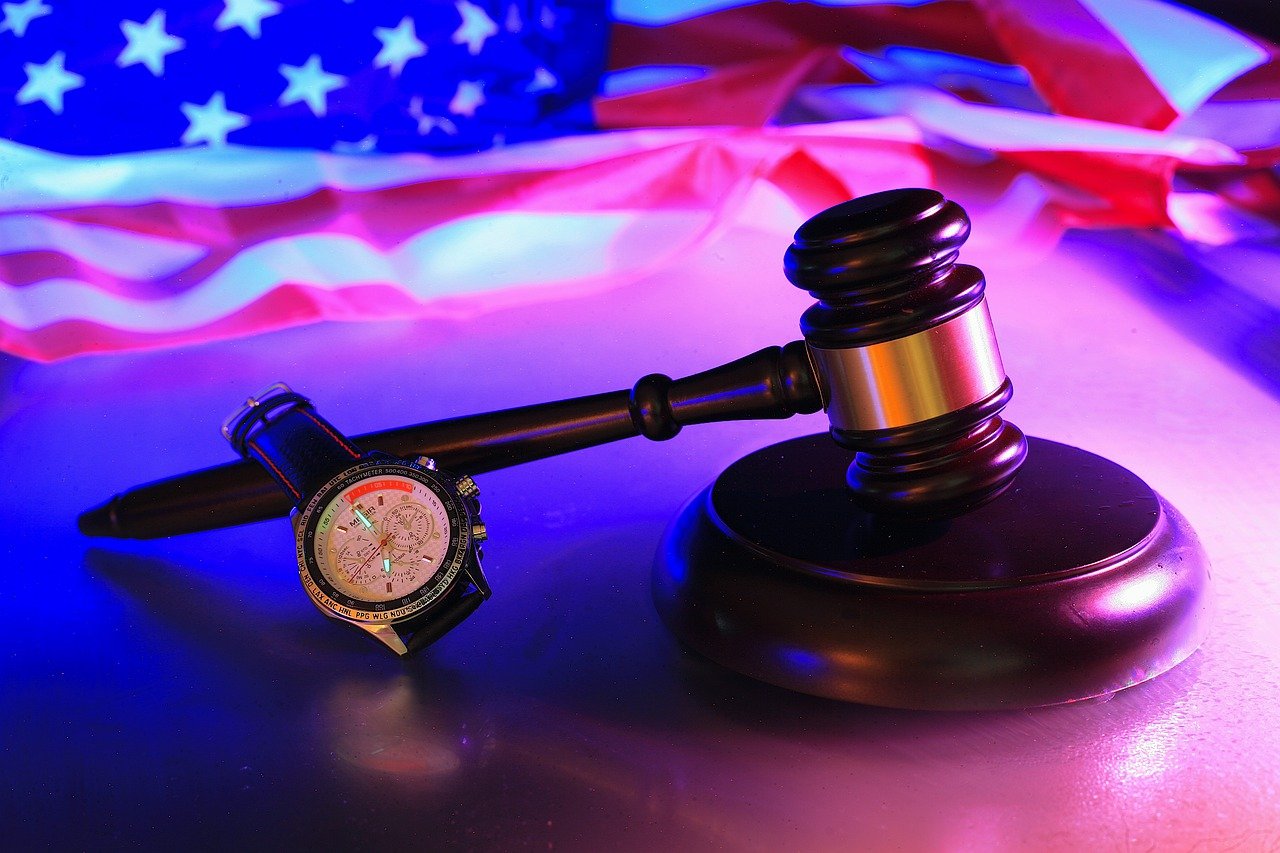Collateral for bail is something of value that a defendant or their loved ones can pledge to the court to secure the defendant’s release from jail while awaiting trial. The type of collateral accepted can vary depending on the jurisdiction and the specific policies of the court or bail bond agency involved.
Here are some common forms of collateral that may be accepted for bail…
- Real Estate – Property such as a house, land, or other real estate holdings can be used as collateral for bail. The value of the property should exceed the bail amount.
- Vehicles – Cars, trucks, motorcycles, boats, or other vehicles may be accepted as collateral, provided they have sufficient value relative to the bail amount.
- Valuables – High-value items such as jewelry, art, antiques, or valuable collectibles can sometimes be used as collateral, although their acceptability may vary depending on the jurisdiction and the policies of the court or bail bond agency.
- Cash – In some cases, cash or cash equivalents such as cashier’s checks, money orders, or bank deposits may be accepted as collateral. This is often referred to as cash bail.
- Investments – Stocks, bonds, mutual funds, or other investment holdings may be accepted as collateral, depending on their liquidity and value.
- Bank Accounts – Funds held in savings accounts, certificates of deposit (CDs), or other bank accounts may be used as collateral for bail.
- Co-signers – Sometimes, a family member or friend with good credit and financial stability may serve as a co-signer on a bail bond, pledging their assets or agreeing to be financially responsible if the defendant fails to appear in court.
The specific requirements for collateral and the process for securing bail can vary widely depending on the jurisdiction and the circumstances of the case. It’s advisable to consult with a qualified attorney or bail bond agent for guidance tailored to your particular situation. Failure to comply with the conditions of bail, including appearing in court as required, can result in forfeiture of the collateral and additional legal consequences.





